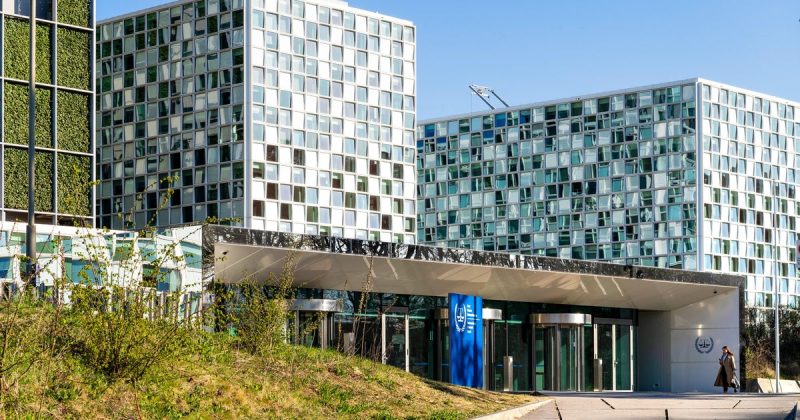
The Trump administration’s recent sanctions against four International Criminal Court (ICC) judges have sent shockwaves through the international legal community. The move, citing the court’s alleged ‘politicization and abuse of power,’ targets judges involved in investigations into actions by both Israel and the United States. Specifically, Judges Reine Adelaide Sophie Alapini Gansou and Beti Hohler authorized arrest warrants for Israeli Prime Minister Benjamin Netanyahu and former Defense Minister Yoav Gallant. Separately, Judges Solomy Balungi Bossa and Luz Del Carmen Ibanez Carranza were part of the appeals process related to an ICC investigation into alleged crimes committed by U.S. personnel in Afghanistan.
Secretary of State Marco Rubio stated that these judges had engaged in ‘illegitimate and baseless actions’ targeting the US and its ally, Israel. He further accused the ICC of being politicized and exceeding its authority. This assertion highlights the fundamental disagreement between the US (which is not a party to the Rome Statute establishing the ICC) and the court itself regarding its jurisdiction.
The ICC responded swiftly, condemning the sanctions as an attempt to undermine its independence and emphasizing that targeting those working towards accountability harms civilians caught in conflict. This statement underscores the larger international debate surrounding the ICC’s role and legitimacy, particularly in cases involving powerful nations.
This action is not without precedent. During Trump’s first term, similar sanctions were imposed on ICC prosecutor Fatou Bensouda and a senior official, later rescinded by the Biden administration. These previous actions, along with visa restrictions on other ICC officials, demonstrate a consistent pattern of US resistance to ICC investigations involving its interests or those of its allies.
The timing of these sanctions is also noteworthy, coinciding with an existing ICC arrest warrant for Russian President Vladimir Putin. This raises questions about the broader geopolitical implications of the US actions and whether they might embolden other nations to challenge the ICC’s authority. The ongoing debate is complex, involving questions of international law, national sovereignty, and the pursuit of justice in the face of powerful political interests. Only time will tell the full ramifications of these sanctions and their impact on the future of the ICC.










